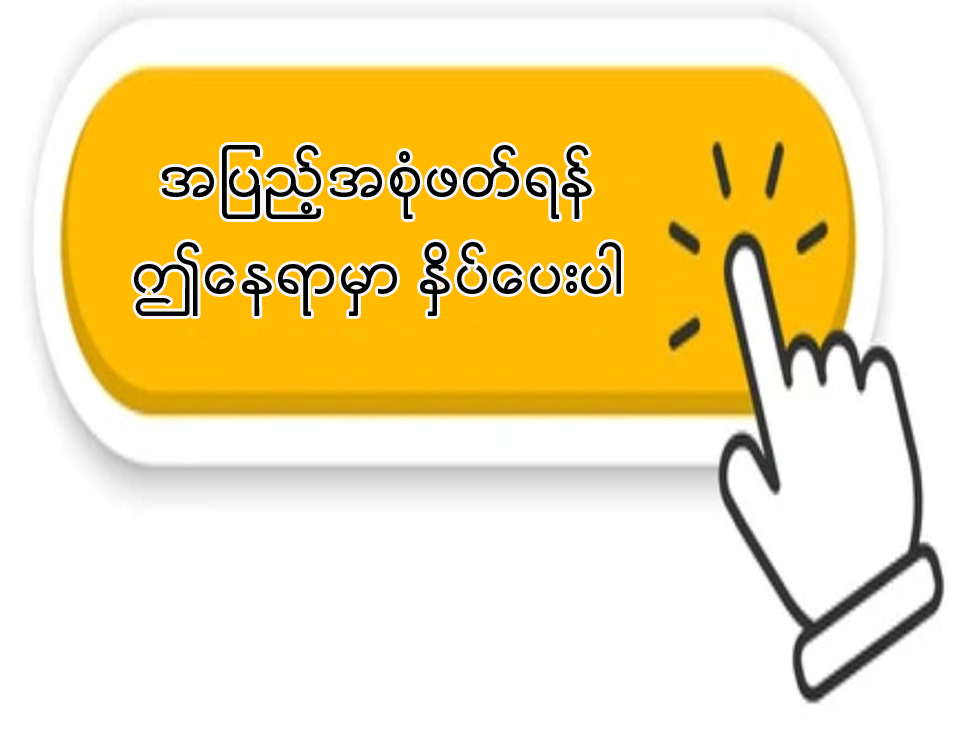
In times of crisis, GPS technology is vital in ensuring the safety and well-being of affected communities. GPS has revolutionised how we handle emergencies, from coordinating emergency response efforts to providing real-time updates on disaster situations.
One application of GPS in emergency services is for search and rescue operations. By tracking the location of lost or distressed individuals, rescuers can quickly pinpoint their whereabouts and assist. This is particularly useful in remote areas where traditional landmarks are unavailable.












Furthermore, GPS enables effective evacuation planning by mapping out safe routes and identifying potential bottlenecks or hazards. Emergency management agencies can use this information to efficiently coordinate evacuations and ensure people reach designated shelters or safe zones without delays.
Another vital use of GPS technology during disasters is for damage assessment. By using satellite imagery combined with GPS data, authorities can assess the extent of destruction caused by natural disasters such as earthquakes or hurricanes. This information helps prioritise rescue operations and allocate resources effectively.
Additionally, GPS plays a crucial role in coordinating humanitarian aid delivery during emergencies. Aid organisations rely on accurate location data provided by GPS to navigate through affected areas and distribute supplies to those in need. This ensures timely assistance reaches the right places, maximising relief efforts.
GPS also facilitates communication among first responders during emergencies through mobile devices equipped with location-tracking capabilities. This improves coordination between teams operating at various locations, improving overall response efficiency.
In conclusion,
The applications of GPS technology in emergency services and disaster relief are extensive and continue to evolve as new advancements are made. From search and rescue missions to efficient evacuation planning, from damage assessment to aid distribution coordination – every aspect benefits from incorporating precise positioning systems into emergency management strategies. As technology progresses, we can expect even more innovative uses of GPS that will ultimately save lives during critical situations.

Leave a Reply